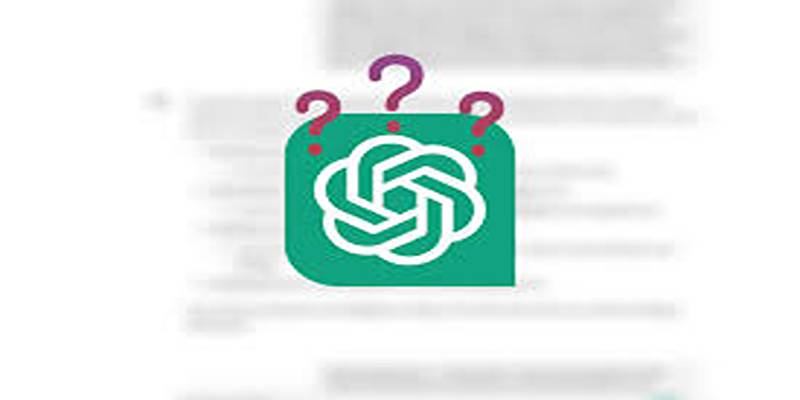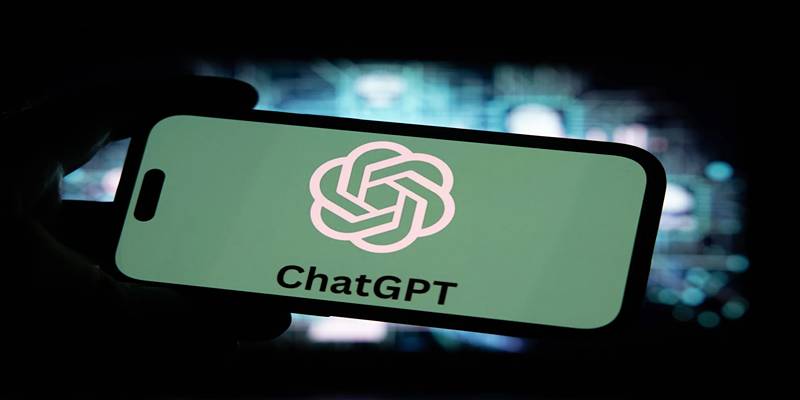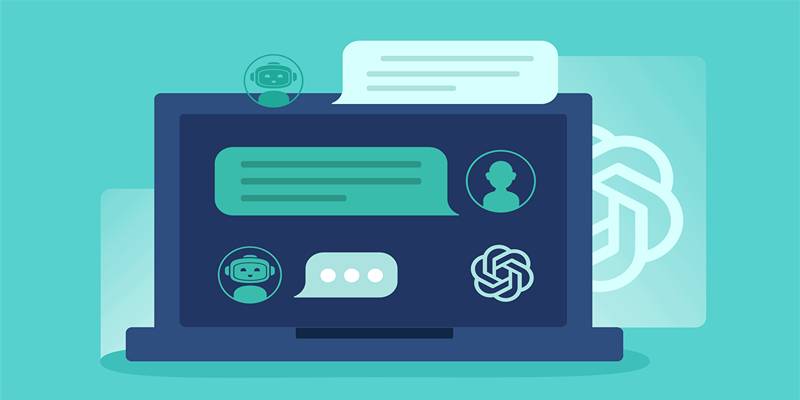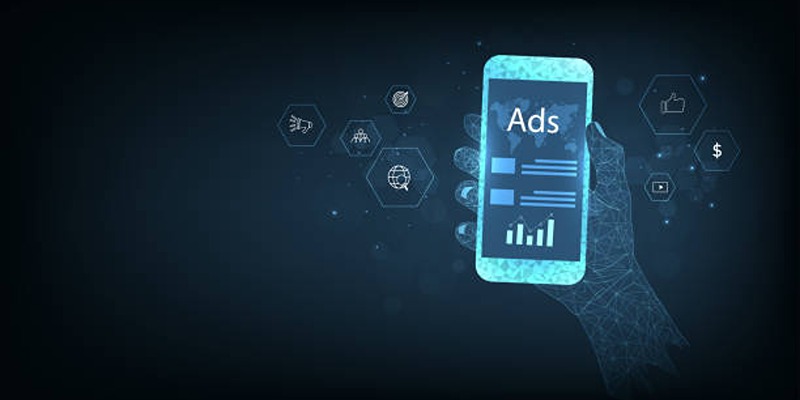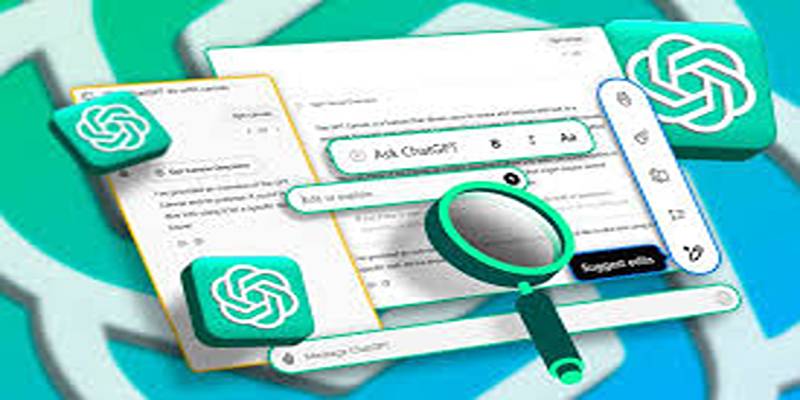Artificial intelligence (AI) is changing the way students learn. Among all the AI tools available today, ChatGPT is one of the most useful for studying. It can answer questions, explain hard topics, help with writing, and even guide students step by step through problems. But like any tool, the real value comes from how it’s used.
Some students may try to use AI to skip the learning process, which is not helpful in the long run. However, if used the right way, ChatGPT can become a powerful study partner or tutor—one that’s available anytime, gives clear explanations, and helps build real understanding. This post will show how students can use ChatGPT to study better, understand schoolwork more deeply, and become more confident learners.
Ask ChatGPT to Explain Hard Topics

Sometimes, reading a textbook or listening to a lecture leaves students feeling confused. When that happens, ChatGPT can help by breaking down tough topics in simple ways.
For example, a student can type:
- “Can you explain supply and demand like I’m in high school?”
- “Help me understand what ‘opportunity cost’ means with examples.”
ChatGPT can explain things using simple words and real-life examples. It can also adjust the explanation based on the student’s level—whether they're in middle school, high school, or college.
It makes learning less stressful and more effective, especially for students who prefer to learn at their own pace.
Use ChatGPT to Check Your Mistakes
Many students get grades on homework or tests without understanding what they did wrong. Just knowing the score doesn’t help much if there’s no feedback. It is where ChatGPT can help.
Students can submit their answers and ask:
- “I chose option B for this question. Why is D the correct answer?”
- “Can you find the mistake in my math problem solution?”
ChatGPT can go through the problem step by step, point out where the mistake happened, and explain how to fix it. It helps students learn from their errors so they don’t repeat them in the future.
It’s like having a tutor who reviews your work and explains exactly what went wrong and how to do better next time.
Get Help to Improve Your Writing
Good writing takes time and practice. While tools like Grammarly are useful for catching spelling and grammar mistakes, ChatGPT can do much more. It helps students improve the overall structure, flow, tone, and word choice in their writing—all of which are important for making writing strong and clear.
Students can ask ChatGPT for feedback in a variety of ways, such as:
- “Act like a teacher and give feedback on my essay.”
- “How can I make this paragraph clearer and more interesting?”
ChatGPT not only suggests changes but also explains why those changes improve the writing. It turns basic corrections into valuable writing lessons.
Depending on what the student needs, ChatGPT can offer feedback from different points of view—such as a creative writing coach, a formal science editor, or even a professional reviewing an email. It helps students learn how to adjust their writing for different audiences and purposes. By using ChatGPT in this way, students build real writing skills, not just quick fixes for one assignment. Over time, this leads to stronger writing and greater confidence in expressing ideas.
Make a Study Plan That Works for You
Many students struggle with time management when preparing for exams. ChatGPT can help create a personalized study plan based on the student’s needs, goals, and schedule. Whether there’s one week or one month left before a test, ChatGPT can design a plan that makes the most of the available time.
A student might ask:
- “Can you make a two-week plan to help me study biology?”
- “I have 30 minutes a day. What should I focus on to learn algebra?”
ChatGPT will break the subject into smaller parts, suggest daily tasks, and recommend good study habits like reviewing often, using flashcards, and practicing problems. It can even include rest days and tips for staying motivated. Having a clear plan makes studying less overwhelming and helps students stay on track. It also encourages consistency, which is key to long-term learning and better performance during exams.
Summarize Notes and Readings
Long textbooks and academic articles can be hard to understand, especially if they’re full of difficult words or complex ideas. ChatGPT can help students summarize and simplify what they’re reading.
They can copy and paste a passage or notes and ask:
- “Can you explain this paragraph in simple terms?”
- “What are the main points of this article?”
- “Help me turn this into a short outline for a class presentation.”
This feature is very helpful when preparing for exams or writing papers, making it easier to understand and remember key information.
Practice-Without Feeling Judged

Some students are afraid to ask questions in class because they worry it might seem silly or too simple. With ChatGPT, they can ask anything—without fear or embarrassment.
For example, they might ask:
- “What’s the difference between a verb and a noun?”
- “Can you quiz me on these 10 vocabulary words?”
- “Can you explain the water cycle like I’m in grade school?”
ChatGPT always responds with patience and clarity. It’s a safe space to practice, review basics, or explore ideas further. The more questions students ask, the more confident they become.
Conclusion
ChatGPT can be a great study tutor when used in the right way. It can explain things clearly, guide students through problems, offer feedback on writing, and even help plan how to study. It gives students more control over how and when they learn.
But in the end, success comes from effort and curiosity. ChatGPT doesn’t replace teachers, books, or hard work. It’s a tool to help students understand better and become more independent learners. When students use ChatGPT with a focus on learning—not just getting answers—they become stronger, smarter, and more confident in their studies.

